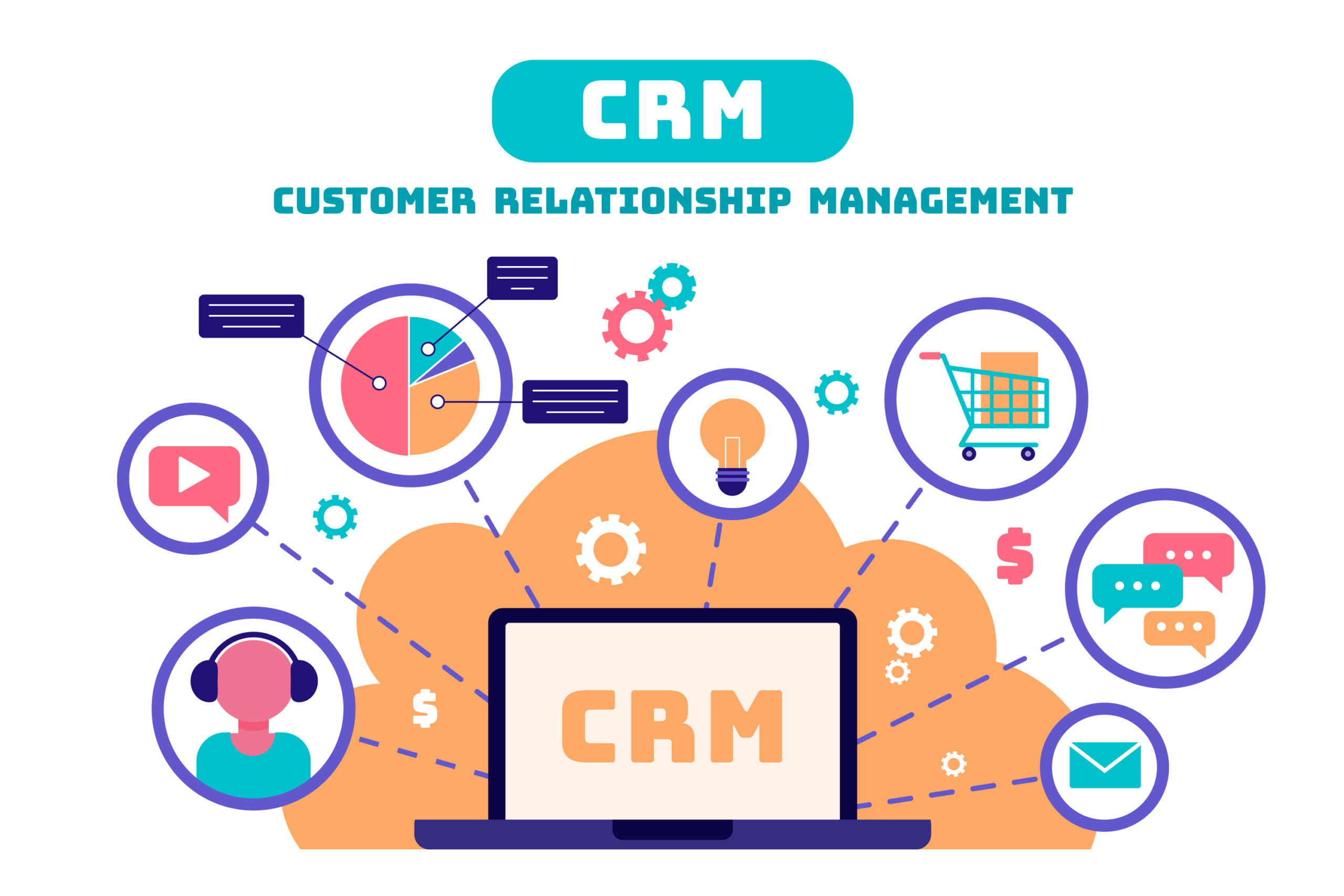In today’s dynamic business climate, Customer Relationship Management (CRM) solutions are critical to building meaningful and deep ties between organizations and their consumers.
Selecting the right CRM system, often called the “CRM Selection Process,” may be challenging; it’s like embarking on a journey where the choices you make today will influence your future business relationships.
This article offers guidance to companies starting their CRM search by outlining the essential factors and actions to guarantee a fruitful decision process.
Recognizing the Significance of CRM
The importance of CRM in modern company strategy must be understood before beginning the selection process.
CRM solutions enable businesses to create, expand, and maintain long-lasting relationships by acting as the glue that ties together customer interactions, data, and insights.
CRM systems act as the center of operations for companies that prioritize their customers, managing everything from marketing campaign optimization and sales funnel management to providing excellent customer service.
Determining the Needs of Your Business
Starting the CRM journey with a thorough study of your company’s needs is the first step.
Determine the specific requirements of your organization, its size, and the problems you would like a CRM system to assist you with.
Make a detailed list of every feature your team needs, taking scalability and future growth into consideration.
Key Considerations:
- Scalability: Make sure your CRM system can expand along with your company.
- Integration: Seek for smooth interaction between current software and tools.
- Customization: Determine the degree of customization required to conform to your company’s operational procedures.
Examining Your Deployment Choices
There are several deployment options for CRM systems, and each has pros and downsides of its own.
Regardless of the deployment strategy you choose—cloud-based, on-premise, or hybrid—it is imperative to match your IT infrastructure and business goals.
Models of Deployment:
- Cloud-based: Provides accessibility, flexibility, and low initial expenditures.
- On-premise: Offers total control over data but necessitates a large upfront cost.
- Hybrid: Hybrid systems combine the advantages of on-premises and cloud computing.
Evaluating User Experience
For any CRM deployment to be successful, user acceptance is essential.
A simple and easy-to-use interface increases output and makes sure that everyone on your team gets along with the CRM system.
Considering User Experience:
- Ease of Use: Give platforms with an easy-to-use interface priority.
- Training and Support: Evaluate which training materials and customer support are available.
- Mobile Accessibility: Make sure it works with mobile devices to provide accessibility when you’re out and about.
Considering Integration Capabilities
A strong CRM system ought to interface with various programs and devices in your company’s environment with ease. Your CRM will work as a central repository for all customer-related information and communications if it has integration capabilities.
Integration Considerations:
- Compatibility: Verify compatibility with widely used corporate technologies, such as analytics, marketing automation, and email.
- Connectors and APIs: Determine whether ready-made connectors and APIs are available for seamless integration.
- Data Migration: Evaluate how simple it will be to transfer current data into the new CRM system.
Analyzing Compliance and Security
Making sure your selected CRM solution is secure and compliant is crucial as you are the guardians of confidential client information.
To safeguard your company and win over clients, look for strong security features, data encryption, and adherence to industry standards.
Security and Compliance Checklist:
- Data Encryption: Make sure that data is encrypted while it’s in transit and when it’s at rest.
- User Permissions: To regulate data visibility, and define and manage user access levels.
- Regulatory Compliance: Verify that all applicable data protection laws are followed by the CRM system.
Making A Smart Budget
A CRM system is a worthwhile investment, but it’s important to balance its functionality with your financial limitations.
Take into account the overall cost of ownership, which includes membership payments, one-time setup charges, and any customization expenditures.
Tips for Budgeting:
- Total Cost of Ownership: Consider the CRM solution’s enduring expenses.
- Scalability Costs: As your company expands, plan for increased expenses.
- ROI Potential: Evaluate the possible return on investment by considering enhanced customer connections and higher efficiency.
Seeking User Feedback and Reviews
Gaining knowledge from other people’s experiences is an important part of the CRM journey.
Ask companies that are comparable to yours and have used the CRM systems you are thinking about for their opinions and evaluations.
Real-world experiences may give you insightful information and support you in making wise decisions.
User Feedback Sources:
Industry Forums: Participate in conversations in forums dedicated to your industry.
Case Studies: Examine case studies of companies with comparable demands and difficulties.
Vendor recommendations: To get in touch with current clients, ask the CRM suppliers for recommendations.
Conclusion
Any company hoping to improve its customer interactions and optimize processes would be wise to start a CRM journey.
You set the stage for a successful CRM Selection Process by comprehending the importance of CRM, determining company goals, investigating deployment alternatives, assessing user experience, considering integration capabilities, scrutinizing security and compliance, prudently budgeting, and requesting user input.
The CRM search is not only a one-time project in today’s dynamic corporate environment but rather a continuous process of adaptation and optimization.
Businesses must be flexible and use CRM systems as effective tools to traverse the final decision process and guarantee long-term success in customer relationship management as technology develops and consumer expectations change.

